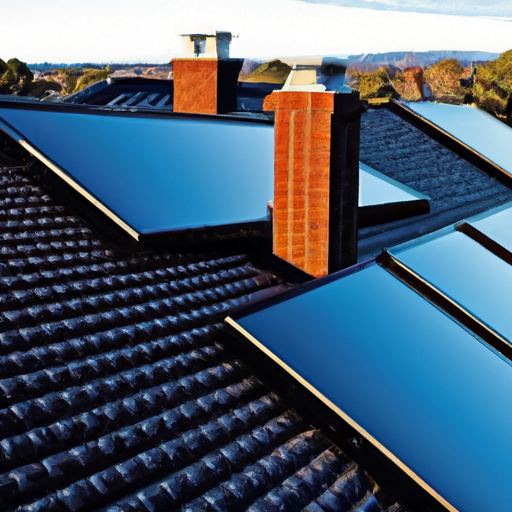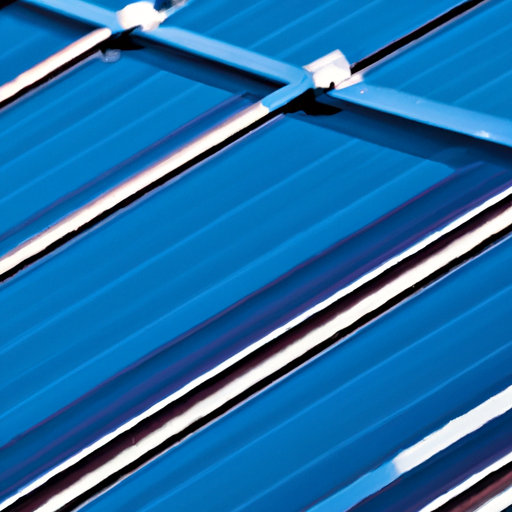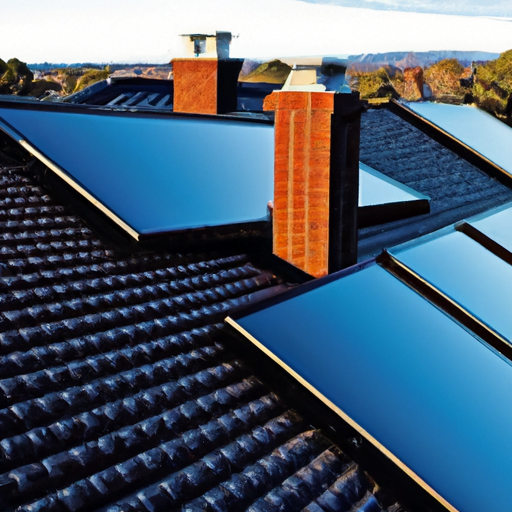Have you ever considered the idea of living off the grid? Maybe you’ve heard about the benefits of solar heaters and how they can save you money on energy bills. But before you rush out to buy one, it’s important to understand the drawbacks as well. In this article, we’ll dive into the disadvantages of solar heaters so you can make an informed decision.
One of the main drawbacks of solar heaters is their initial cost. While they can provide long-term savings, the upfront investment can be quite expensive. The installation and equipment costs can add up quickly, and if you’re on a tight budget, it may not be feasible.
Another drawback is their reliance on sunlight. Solar heaters are most effective in sunny climates, but if you live in an area that experiences long periods of cloudy or rainy weather, the efficiency of the system can be greatly reduced. This means that during those gloomy days, you may not have access to hot water or may need to rely on an alternative heating source.
Lastly, maintenance can be a hassle with solar heaters. Depending on the type of system you have, regular checks and cleaning may be required to ensure optimal performance. Additionally, if any part of the system malfunctions or breaks, it can be expensive to repair or replace. It’s important to factor in these ongoing maintenance costs when considering a solar heater.
In conclusion, while solar heaters have their benefits, it’s important to weigh them against the drawbacks. The upfront cost, reliance on sunlight, and maintenance requirements are all factors that should be considered before making a decision. In the next article, we’ll explore some alternatives to solar heaters that may better suit your needs.

Introduction to solar heaters
What is a solar heater?
A solar heater is a device that uses the sun’s energy to heat water or air. It is an eco-friendly and cost-effective alternative to traditional heating systems that rely on fossil fuels. Solar heaters work by harnessing the power of the sun’s rays and converting them into thermal energy, which is then used to heat water or air for various purposes.
How do solar heaters work?
Solar heaters consist of three main components: solar collectors, a heat transfer system, and a storage tank. The solar collectors are usually mounted on the roof or in an open area where they can receive direct sunlight. These collectors contain a dark surface that absorbs solar radiation and converts it into heat.
The heat transfer system, which is typically a network of pipes, carries the heated fluid from the collectors to the storage tank. In the case of water heating, the fluid is usually a mixture of water and a non-toxic antifreeze solution. The heated fluid transfers its heat to the water in the storage tank, raising its temperature.
The storage tank is where the heated water or air is stored until it is needed. Depending on the system, the stored heat can be used for various purposes, such as domestic hot water or space heating. Some solar heaters also have backup heating systems for cloudy or rainy days when the sun’s energy is insufficient.
Advantages of solar heaters
Energy efficiency
One of the primary advantages of solar heaters is their energy efficiency. By harnessing the power of the sun, these systems can provide a sustainable and renewable source of heat. Solar heaters can significantly reduce reliance on traditional heating systems, which are typically powered by fossil fuels and contribute to greenhouse gas emissions. By switching to solar, you can lower your carbon footprint and contribute to a more sustainable future.
Cost savings
Another major advantage of solar heaters is the potential for cost savings. Although the initial cost of installing a solar heater may be higher than traditional heating systems, the long-term savings can outweigh the upfront investment. Once installed, solar heaters require minimal maintenance and have low operating costs since they rely on free solar energy. Over time, the savings on utility bills can offset the initial cost of installation.
Environmentally friendly
Solar heaters are a clean and environmentally friendly option for heating water or air. Unlike fossil fuel-based heating systems, solar heaters do not produce harmful emissions or contribute to air pollution. By using renewable solar energy, these systems help reduce greenhouse gas emissions and mitigate the effects of climate change. Switching to solar heaters can make a significant difference in preserving the environment for future generations.

Disadvantages of solar heaters
Despite their numerous advantages, solar heaters also have a few drawbacks that you should consider before investing in one.
Dependence on sunlight
The primary drawback of solar heaters is their dependence on sunlight. These systems rely on the availability of direct sunlight to generate heat, which means they may have limited functionality in cloudy or rainy weather conditions. During periods of low sunlight, the effectiveness of solar heaters can be significantly reduced, leading to a decrease in the amount of heated water or air produced.




